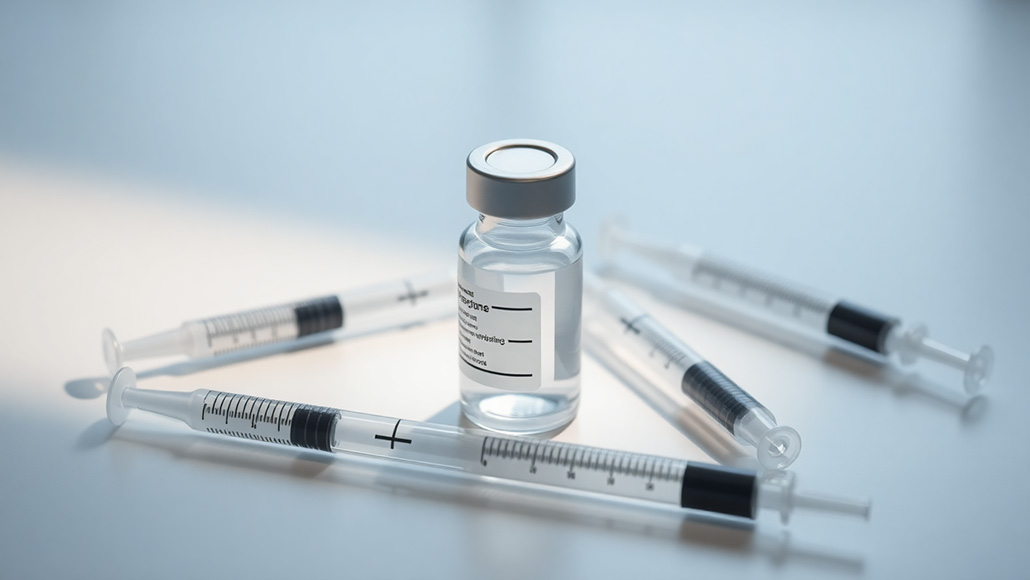Everest Medicines, a biopharmaceutical company dedicated to advancing innovative therapies, has announced that Taiwan’s Food and Drug Administration (TFDA) has granted full approval for NEFECON® supplemental application. The decision broadens the treatment’s scope in Taiwan, allowing its use to reduce kidney function decline in adults with primary immunoglobulin A nephropathy (IgAN) who are at risk of disease progression, regardless of their level of proteinuria.
With this approval, Taiwan’s regulator has removed the earlier requirement that called for full confirmatory trial analysis to establish clinical benefit. The product’s label now reflects clinical findings that demonstrate NEFECON®’s effectiveness in delaying kidney function decline. IgAN is very prevalent and progresses rapidly in Asia, where individuals face a significantly elevated risk, 56% higher than other groups, of reaching end-stage renal disease.
Taiwan joins Mainland China, Hong Kong SAR, Macao SAR, Singapore, and South Korea, bringing regional alignment around NEFECON® as a frontline option for IgAN. This Full Approval for NEFECON® underscores the significance of this drug in the broader IgAN treatment.
“NEFECON® has received full approval in Taiwan, further validating its outstanding clinical value and offering physicians a more solid clinical foundation for treatment decisions,” said Rogers Yongqing Luo, Chief Executive Officer of Everest Medicines. “As the first and only fully approved etiological treatment for IgAN, NEFECON® has now achieved full approval across Asia. This milestone will benefit a broader patient population by enabling more individuals with IgAN to access this etiological treatment earlier, helping to slow disease progression and improve quality of life. We will continue to expand the accessibility and affordability of NEFECON® across Asia, aiming to benefit more IgAN patients and improve their quality of life.”
The TFDA’s approval is based on the clinical evidence gained in the Phase 3 NefIgArd trial, where NEFECON® demonstrated efficiency over placebo, not only in reducing proteinuria and the incidence of microscopic haematuria but also in preserving kidney function. The treatment showed a 50% reduction in the rate of decline in estimated glomerular filtration rate (eGFR) over two years, which included nine months of active therapy followed by a 15-month monitoring period. Some of the longer-term projections from the NefIgArd study suggest NEFECON® could extend the time before patients with IgAN require dialysis or a transplant by as much as 12.8 years.
The trial also looked at whether there were differences in how patients of different ethnic backgrounds responded. In the subset examined, which included 83 Asian and 275 Caucasian patients, results showed the benefits were steady across both groups. Those who received NEFECON® for nine months saw their kidney function decline more slowly. At the same time, proteinuria levels dropped, and microscopic haematuria became less frequent.
NEFECON® is now recommended by authoritative treatment guidelines. It’s been included in KDIGO 2024 Clinical Practice Guideline for the Management of Immunoglobulin A Nephropathy (IgAN) and Immunoglobulin A Vasculitis (IgAV) (Public Review Draft). The drug was officially added to China’s National Reimbursement Drug List, and in August 2025, the country’s National Medical Products Administration (NMPA) approved a supplementary application to increase the drug’s production.
At the global level, NEFECON® is the first treatment for IgAN to be granted full approval by the NMPA in China, the U.S. Food and Drug Administration (FDA), the European Medicines Agency (EMA), and the Medicines and Healthcare products Regulatory Agency (MHRA) in the United Kingdom. In addition to its Western regulatory milestones, Everest has secured authorisation across various Asian markets, including Hong Kong SAR, Macao SAR, Singapore and South Korea.

























